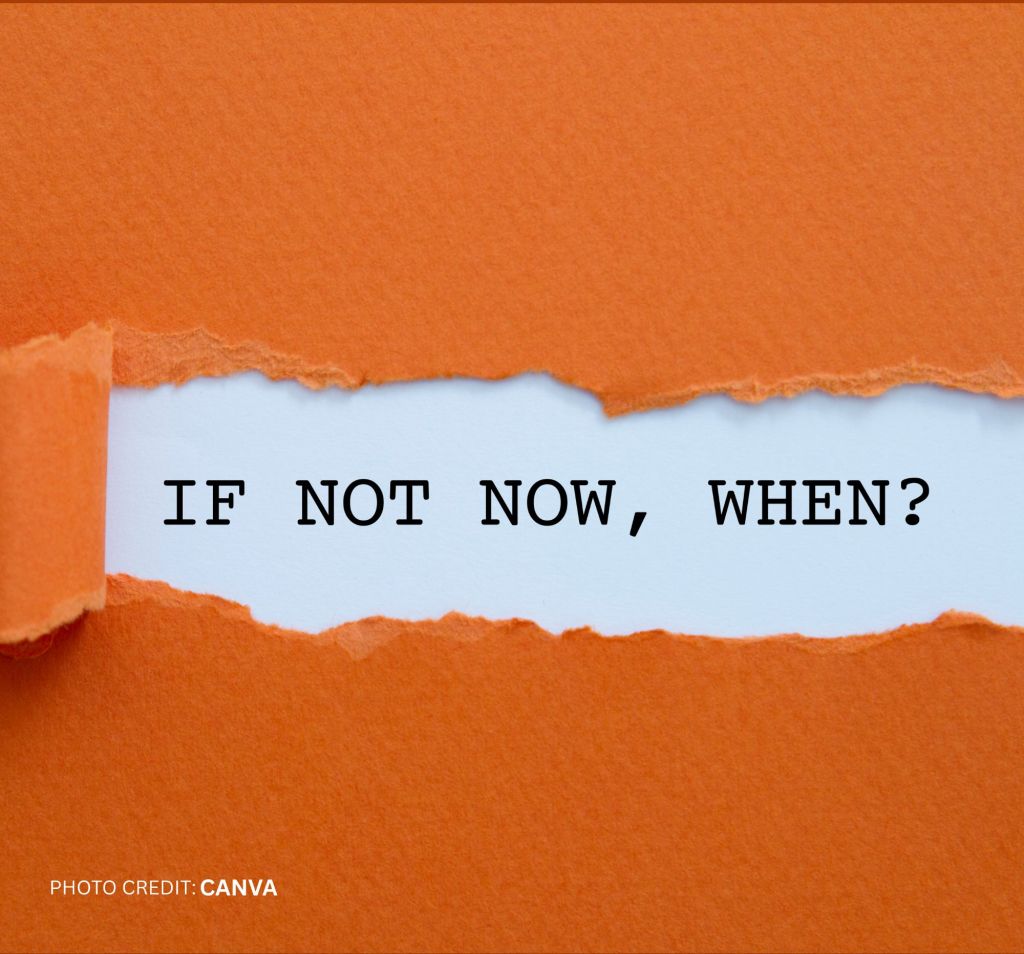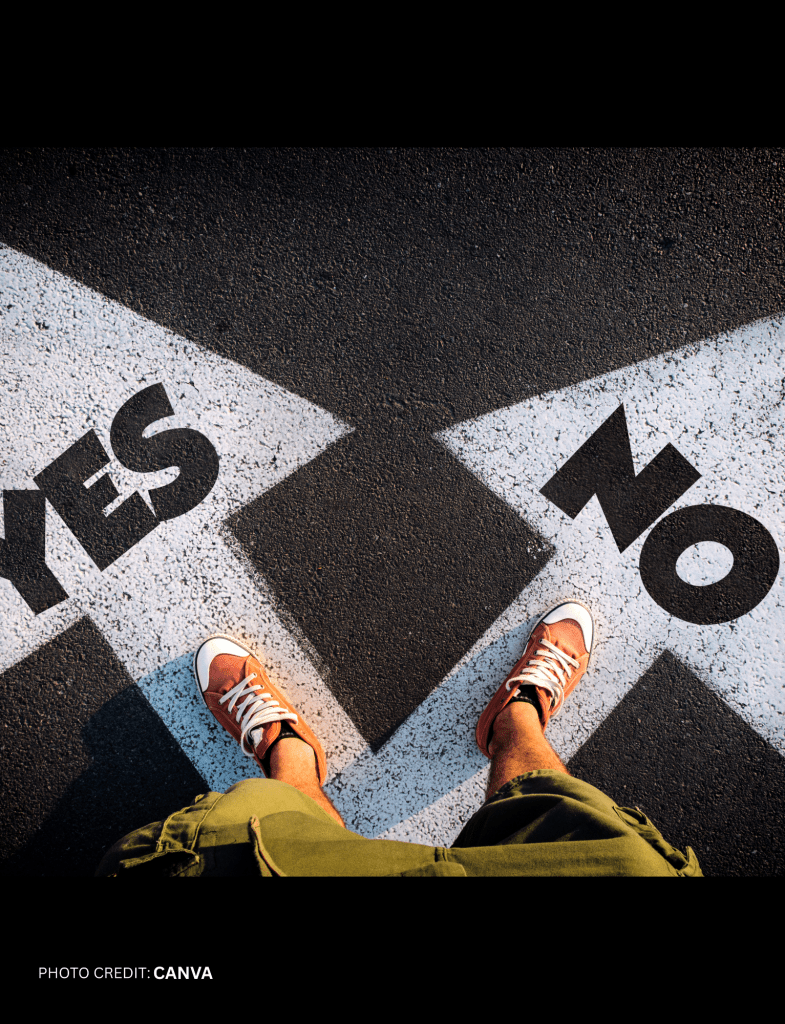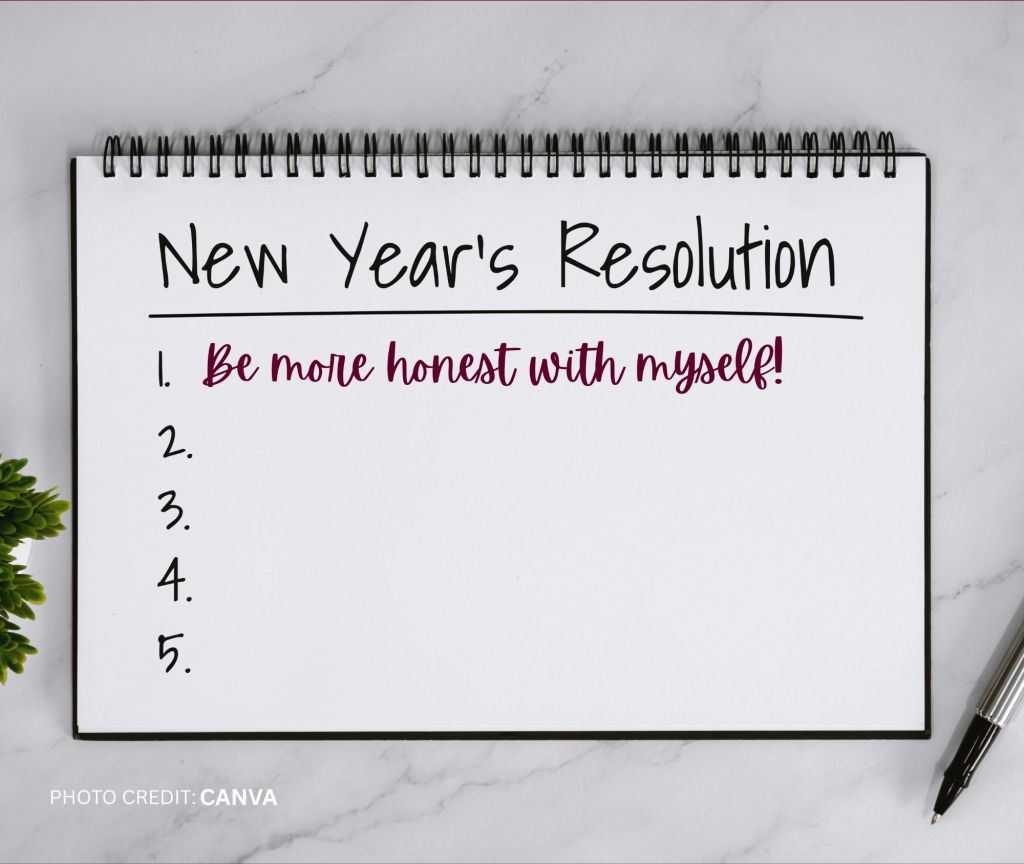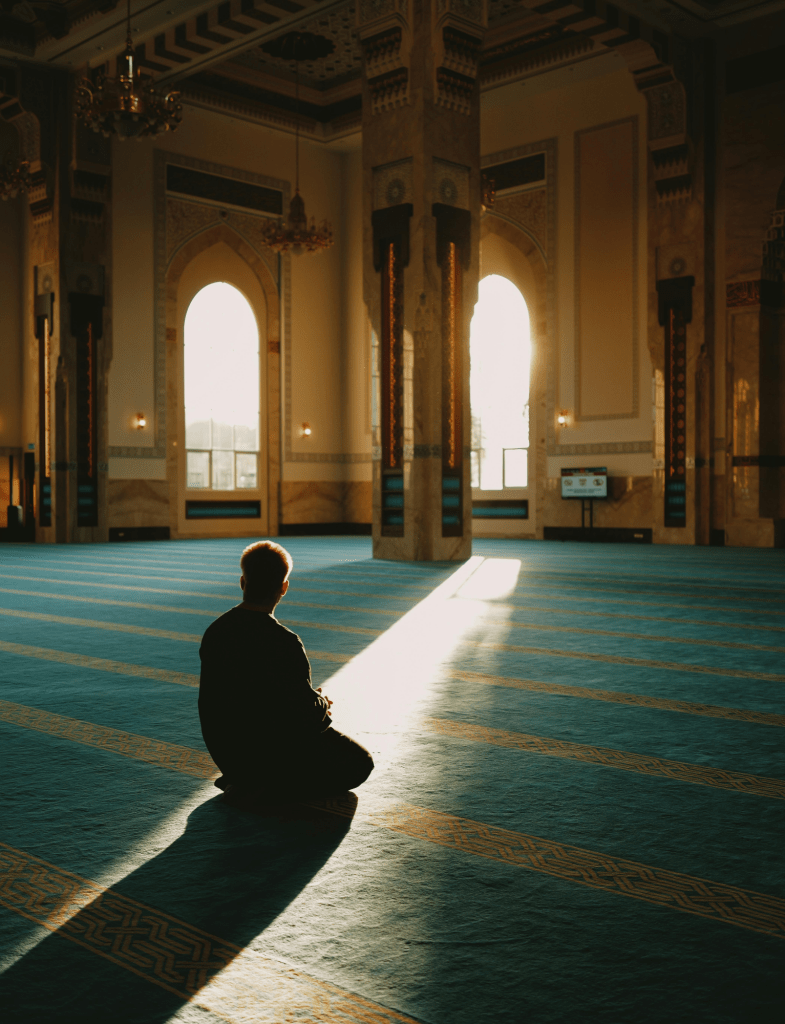
On an Olympic track, athletes kneel at their starting positions. Their bodies tense, eyes fixed ahead, listening for the word “ready” and waiting for the sound of the gun. When the signal comes, they explode forward, running with power and precision. It is exhilarating to watch.
But the readiness you see on the track did not begin at the starting line.
It started months, even years earlier.
It began with training in the heat of the sun, in pouring rain, on days when nothing felt inspiring.
It began through pain, fatigue, disappointment, and injury.
It began when no one was watching.
It began when the athlete ran alone, lifted weights in silence, and persisted through routines that seemed meaningless at the time.
Contrary to what we think, readiness is not a state. It is the accumulation of disciplined action over time. It is forged in circumstances that feel inconvenient, uncomfortable, or even pointless. Believing you can wait until you feel ready is believing in a myth.
Feeling ready is a signal, not a prerequisite and waiting for it is a delay disguised as preparation.
Why the Myth Persists
People cling to readiness because it offers comfort. It tells us we can plan perfectly, know enough, and wait for motivation to appear. It promises that one day, conditions will align and we will naturally take action. That promise rarely materializes.
Motivation is fleeting.
Motivation is emotional.
Motivation cannot replace consistency, courage, or practice.
Readiness appeals to perfectionists.
It appeals to procrastinators.
It appeals to anyone afraid of failure.
But the truth is simple: readiness comes from doing, not thinking. It comes from small, persistent steps, often in conditions we cannot control.
Why Motivation Is Overrated
Motivation feels good, but it is unreliable. You will not always feel inspired. Some days your energy will be low. Some mornings you will wake up exhausted or distracted. Waiting for motivation to push you forward is a strategy that fails more often than it succeeds.
Long-term results come from habits, routines, and decisions made regardless of feeling inspired.
Motivation is a spark.
Habits are the engine.
Habits do not rely on feelings.
Habits create results even when enthusiasm fades.
The Practical Reality of Readiness
Readiness is an illusion because it implies a perfect alignment of circumstances, timing, and mental state. These conditions rarely exist. Success does not require feeling ready. It requires acting anyway. Every athlete, entrepreneur, artist, and leader has taken steps they were not ready for. They failed. They learned. They adjusted. They persisted. That is how results happen.
Waiting to feel ready results in delayed action. Delayed action results in missed opportunities. Every day spent waiting is a day lost to fear, overthinking, and indecision.
How to Act Without Feeling Ready
1. Start Small, Start Real
If you want to run, begin with a short route. If you want to write, begin with one paragraph. Small actions compound. They build competence and confidence.
2. Accept Discomfort as a Sign of Progress
Growth is uncomfortable. Waiting to feel comfortable is waiting for stagnation. Discomfort is proof that you are stepping beyond familiar limits.
3. Commit to Routines, Not Inspiration
The long-term engine is consistency. Show up. Repeat actions daily. Track progress. Avoid relying on emotional highs to carry effort.
4. Ignore the Perfect Moment
The perfect moment rarely exists. Resources are never perfect. Circumstances are never ideal. Action in imperfect conditions is the mark of real achievement.
5. Redefine Readiness as Preparation
Readiness should be understood not as waiting, but as preparation. Preparation is doing the work even when you do not feel like it. Preparation builds the skills, habits, and resilience that eventually make decisive moments manageable.
Athletes train when no one is watching.
Entrepreneurs pitch ideas before they have experience.
Writers finish books while the world doubts them.
Leaders make difficult decisions without feeling fully equipped.
Musicians practice scales until their fingers are raw.
All of them acted before feeling ready. All of them relied on systems, discipline, and repetition instead of waiting for motivation.
Why This Matters for Everyone
Believing in readiness creates procrastination disguised as planning.
Believing in motivation creates inconsistency disguised as ambition.
Action, however imperfect, generates feedback, learning, and momentum.
Action builds confidence.
Action produces results.
Waiting for readiness or inspiration produces stagnation and regret.
If you are trying to launch a project, improve a skill, or change a habit, the only reliable path is doing, not waiting.
Every day you act without feeling ready, you increase the likelihood of success.
Every day you wait, you lose more than time; you lose confidence in your ability to lead yourself.
Final Thoughts
The athletes kneeling at the starting line did not wait to feel ready. They trained relentlessly, day after day, in conditions that were inconvenient, painful, and imperfect. When the gun fired, they were ready not because they felt ready, but because they had already done the work.
The same principle applies to your goals. Feeling ready is a luxury. Action is a necessity. Motivation will help you sometimes, but discipline and repetition will carry you further. Readiness is a myth. Action is reality. Start where you are, do what you can, and persistence will make you unstoppable.



